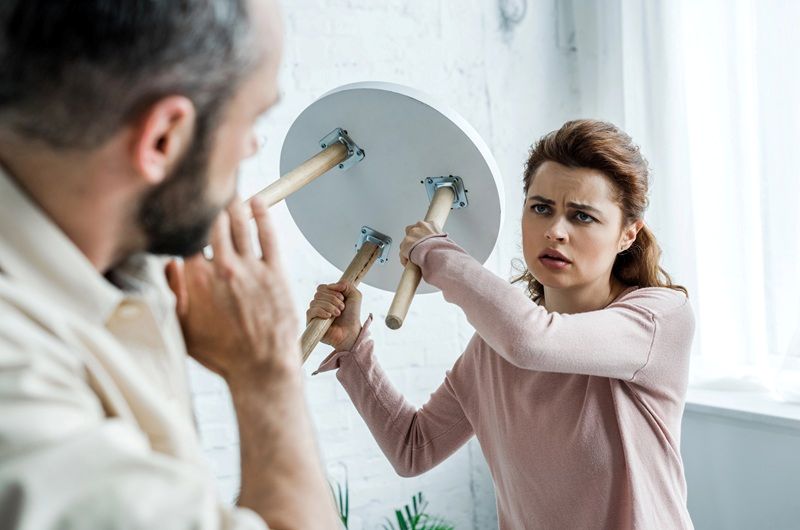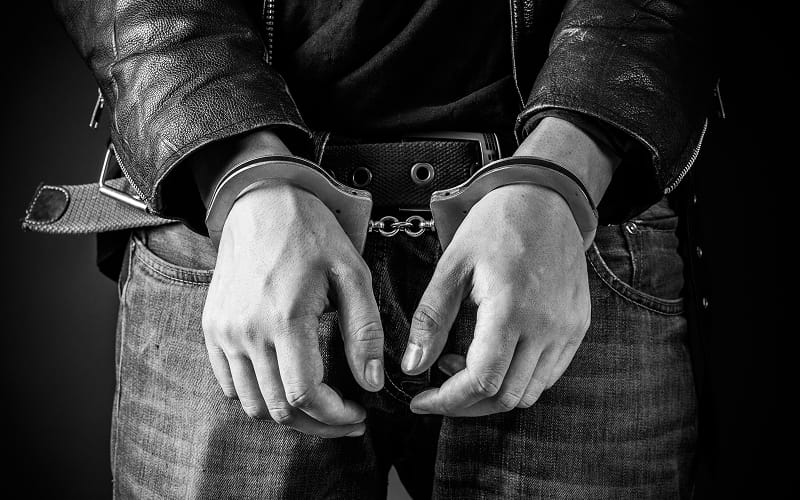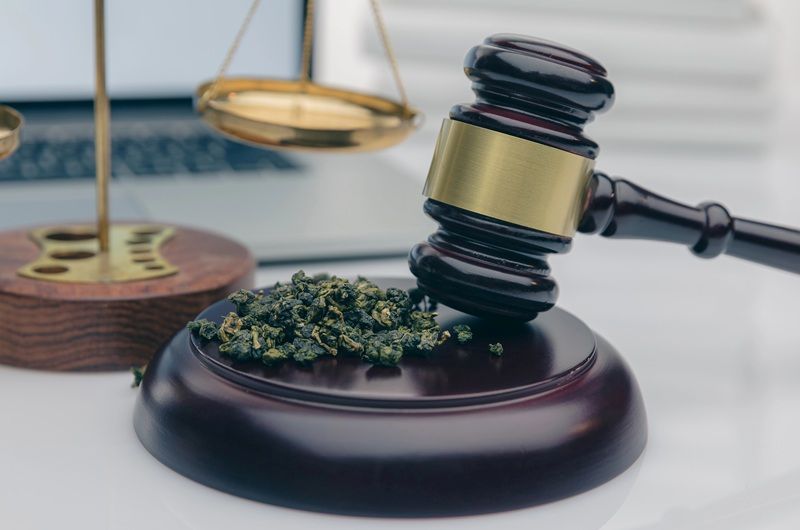When law enforcement responds to a domestic assault in Fairfax County, the evidence collected can significantly impact the case outcome. Prosecutors rely on various forms of proof to support charges, ranging from emergency calls to medical reports. Understanding the types of evidence used can help individuals prepare for their legal situation.
In this article, learn about the key forms of proof that prosecutors use to build their cases, including police footage, witness statements, and medical records. See how different types of evidence can influence prosecution and defense strategies in court.
What Is Considered Domestic Assault In Virginia?
Domestic assault occurs when one person harms or threatens someone they have a close relationship with. It includes spouses, partners, family members, or even roommates. Unlike other types of assault, these cases often involve ongoing relationships, which can make both legal proceedings and personal dynamics more difficult.
Each state defines domestic assault differently, but it generally includes physical violence, emotional abuse, and threats. Police can file charges even when there are no visible injuries if they find evidence of intimidation or coercion. Officers often arrest the accused if they believe an assault occurred, even without the victim pressing charges.
Since domestic violence often escalates, courts take these accusations seriously. Authorities gather proof from multiple sources to establish what happened. Each piece of evidence helps paint a picture of the incident, shaping the prosecution’s argument.
What Proof Do Prosecutors Use In These Cases?
Prosecutors need solid proof to support domestic assault charges. They build their case using evidence like medical reports, witness statements, and digital messages. Some evidence is clear, while others reveal patterns or intent. Each detail helps shape the case and impact the outcome.
911 Recordings
A 911 call made during or right after an alleged assault can serve as strong evidence. The caller’s voice, urgency, and statements often reflect the situation’s intensity. Prosecutors use these recordings to establish the timeline and severity of the incident.
However, these recordings don’t always tell the whole story. Callers may be in shock, emotional, or even misleading statements. Loud background noise can make it hard to distinguish words or identify speakers. Despite these challenges, 911 recordings often serve as a strong starting point for building a case.
Medical Reports
Medical records are key in domestic assault cases when documenting injuries. Doctors and nurses describe bruises, cuts, fractures, and other harm, along with notes on how the victim says they occurred. Medical professionals also record any statements made during treatment that could link the injuries to the alleged assault.
Delays in treatment can create doubt about when and how the injuries happened. Defense attorneys often use these delays to argue that another event caused the harm. Prompt medical care and thorough documentation help prosecutors build a stronger argument in court.
Witness Statements
People who saw or heard parts of the incident can provide valuable testimony. Neighbors, family members, or strangers may recall physical altercations, overheard arguments, or visible injuries. Their statements help confirm or contradict what the accused and the victim claim.
However, witness testimony isn’t always reliable. Memories fade, personal biases arise, and conflicting accounts weaken a case. Defense attorneys often challenge a witness’s credibility, questioning their ability to recall events accurately.
Police Body Cam Footage
Body cameras worn by law enforcement officers capture their initial response to a domestic assault call. These recordings show the accused’s and victim’s demeanor, the condition of the home, and any visible injuries. Unlike written police reports, body cam footage provides real-time documentation that is harder to dispute.
Still, body cam footage has its limitations. The camera only records what happens after officers arrive, not what led up to the incident. Some interactions may occur off-camera, and technical issues can affect video quality. Even so, prosecutors often rely on this footage to clarify conflicting statements.
Photographic Evidence
Photos of injuries, damaged property, or the crime scene offer strong visual proof in domestic assault cases. These images show bruises, broken furniture, torn clothing, or any other signs of violence. Investigators document and date each photograph to ensure accuracy and authenticity.
However, photographs can be challenged in court. Defense attorneys may argue that injuries were self-inflicted or that angles distort reality. They may also question the validity of photos if investigators fail to store them properly or provide timestamps. Clear, well-documented images have a substantial impact on legal proceedings.
Electronic Communications
Text messages, emails, and social media posts often provide key details in domestic assault cases. Threatening messages, apologies, or casual conversations may reveal a history of abuse. Prosecutors use these digital records to confirm statements made by the victim or establish patterns of control and intimidation.
However, handling digital evidence requires caution. People can alter screenshots, and the meaning of messages depends on context. Defense attorneys may argue that texts were misinterpreted or taken out of context.
Prior Incidents & Protective Orders
A history of past violence or restraining orders can influence a domestic assault case. Prior incidents may reveal ongoing abuse or controlling behavior. If the accused violated a protective order, prosecutors may use that as additional proof of misconduct.
However, past accusations don’t automatically prove guilt in a new case. Defense attorneys may argue that earlier incidents are unrelated or exaggerated. Courts determine whether this history is relevant and admissible.
While prosecutors rely on various types of evidence to support their case, not all evidence is as strong as it seems. The defense can challenge the reliability, accuracy, or relevance to weaken the prosecution’s argument.
How Can The Defense Challenge The Evidence?
A defense attorney can challenge its validity even when prosecutors present strong evidence. Lawyers look for inconsistencies, procedural errors, or biased interpretations that could weaken the case. They aim to doubt the prosecution’s claims and prevent unreliable proof from influencing the court.
A strong defense doesn’t just challenge the prosecution’s claims it also presents alternative explanations. Lawyers introduce counter-evidence to support their client’s version of events. It might include:
- Alibi witnesses confirmed the accused was somewhere else when the alleged incident happened.
- Alternative explanations for injuries, such as accidents or self-inflicted harm.
- Text messages, emails, or phone records that provide a different context to conversations or interactions.
The defense can push back even when prosecutors use past incidents or protective orders against the accused. Lawyers argue that prior allegations were unproven, exaggerated, or irrelevant to the current case. By breaking down the prosecution’s claims, the defense works to prevent unfair assumptions from leading to a conviction.
Being accused of domestic assault can be stressful. If you’re facing this situation, you likely have lingering questions about the specifics of the process. Knowing the answers can give you peace of mind as you continue.
What Are Some Frequently Asked Questions About This Situation?
Facing domestic assault charges can be confusing and stressful. Many wonder how cases move forward, what evidence matters most, and what defense options exist. Here are answers to common questions that may help.
Can A Case Proceed If The Victim Doesn't Testify?
Yes, prosecutors can still move forward using “evidence-based prosecution.” Instead of relying on the victim’s testimony, they use 911 calls, medical records, and witness statements. Courts recognize that victims sometimes recant or refuse to testify, so prosecutors gather enough independent evidence to continue without them.
What If There Are No Witnesses?
Prosecutors can use circumstantial evidence even without eyewitnesses. Physical injuries, electronic messages, 911 recordings, and past incidents can help establish a pattern. Police observations, such as signs of struggle or property damage, can also support the case. The defense may counter by offering alternative explanations or challenging the evidence.
What Should I Do If Someone Falsely Accuses Me?
False accusations happen for many reasons, including personal disputes or misunderstandings. Gathering evidence that supports your side is critical. Text messages, security footage, and witness statements can help prove your innocence. Consulting a lawyer can strengthen your defense and prevent further legal trouble.
Domestic assault charges can lead to serious consequences, even when both sides dispute the facts. Understanding how prosecutors build their cases and how the defense can respond helps you make informed decisions. If you face charges, a lawyer can defend your rights and fight for your future.
How Fairfax County Criminal Attorneys Fight For Your Future?
Fairfax County Criminal Attorneys knows that a domestic assault charge can turn your life upside down. A single accusation can risk your reputation, freedom, and future. Our team works closely with you to examine the evidence, challenge weak claims, and build a strong defense. No matter how serious the charges may seem, you don’t have to face them alone.
We take the time to listen, evaluate your options, and fight for the best possible outcome. Whether it’s questioning the prosecution’s evidence, presenting your side of the story, or negotiating for reduced penalties, we stay by your side every step. Let us help you take control of your case and confidently move forward.
Domestic assault cases rely on various types of evidence, from 911 recordings and medical reports to witness statements and electronic communications. Prosecutors use this evidence to build their case, even if the victim does not testify. The defense can challenge the reliability of this proof, highlight inconsistencies, and present counter-evidence to support the accused’s side.
Strong legal representation can affect the outcome of a case. A solid defense strategy can question weak evidence, provide alternative explanations, and protect the accused from unfair prosecution. Fairfax County Criminal Attorneys offers empathetic legal support for those facing these charges.






